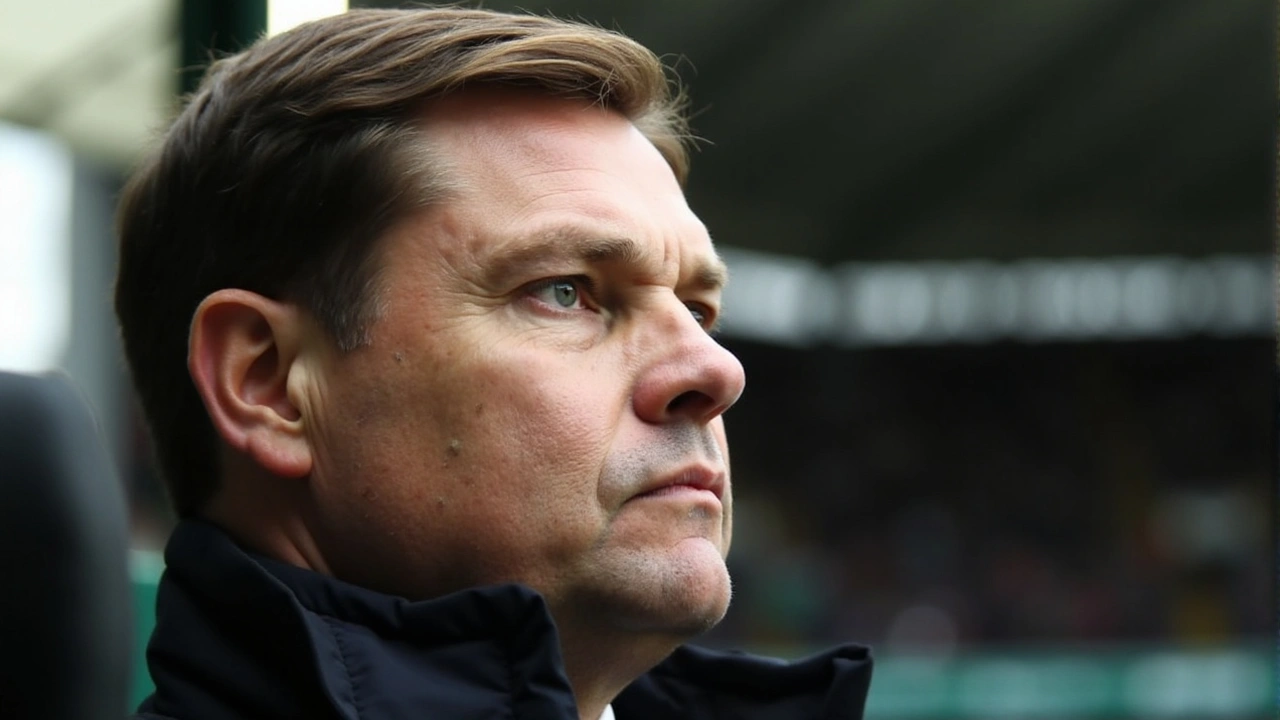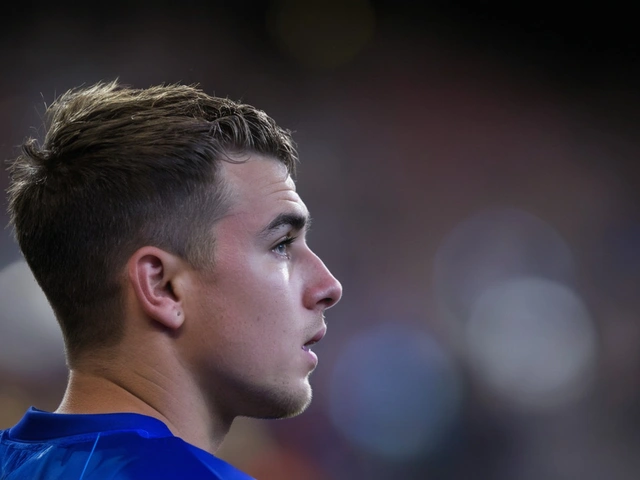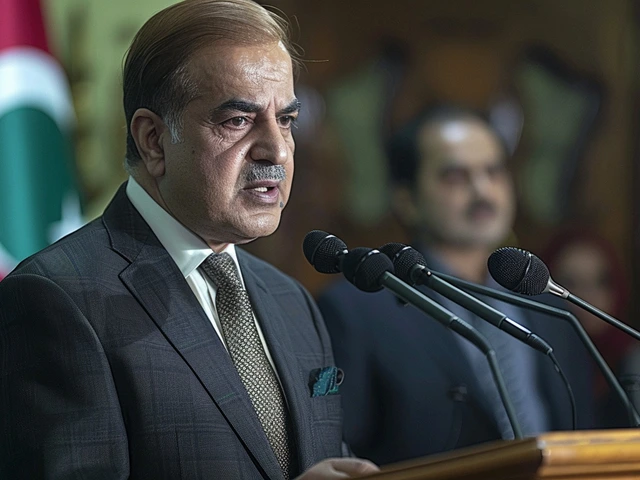Head coach search: how clubs choose their next manager
A change of head coach can flip a season. Clubs don’t pick names at random — there’s a step-by-step process that balances style, results, money and culture. Want to know what really happens behind the scenes when teams hunt for a new manager? Here’s a clear, practical guide.
How the search usually unfolds
First, the club defines the brief: do they need a short-term stabiliser or a long-term builder? That brief decides everything else. Sporting directors and owners list priorities such as pressing style, youth development, European experience or language skills.
Next comes scouting. Clubs use internal scouts, former players, and recruitment firms to build a longlist of candidates who match the brief. That longlist gets trimmed to a shortlist of three to five names based on recent results, tactical fit and availability.
Interviews follow. These are not just about tactics — they test how a coach handles media, man-management, training routines and transfer plans. Clubs also probe a coach’s backroom preferences: which assistants they’ll bring, how they work with analysts, and how they use sports science.
Contracts are the final hurdle. Salary, length, release clauses and performance bonuses get negotiated. Clubs often add specific clauses for relegation, early termination, or buyout fees for other clubs.
What clubs look for and what fans can watch
Fit matters more than fame. A high-profile coach who presses high might be perfect for a club chasing fast, intense football but disastrous for a team built on possession and young talent. For example, clubs like Las Palmas weigh candidates who match their academy and tactical DNA before making a move.
Teams also weigh risk. A rookie coach with brilliant ideas may excite fans but carries an adjustment period. An experienced manager brings stability but could limit long-term change. Boards decide how much risk they can accept based on league position and finances.
If you’re a fan, follow a few signals: who’s on the shortlist, which agents are involved, and whether a coach has asked for control over transfers. Local reports and official club statements usually hint at priorities. Social media leaks can mislead, so trust repeated reports from reputable outlets.
Once a coach is appointed, the first 30 days matter. Expect quick audits of the squad, clearer training patterns, and early transfer targets. Good clubs set clear short-term objectives: stabilise results, align the squad with the coach’s style, and start a roadmap for the next transfer window.
Want to stay sane during the rumour mill? Focus on verified moves, the club’s stated brief, and realistic timelines. Head coach searches are messy, but when a club picks the right match — style, people and plan line up — the change shows up on the pitch fast.
Sunderland AFC's extended search for a new head coach has highlighted underlying issues within the club's management, raising concerns over strategy and ambition. Fans are frustrated by the lack of communication and decisive action, as key figures within the club remain silent. The prolonged search impacts team preparation and reflects poorly on the club's leadership, underscoring deeper concerns about the club's future direction.
Recent-posts
Aug, 12 2024
Aug, 19 2024
May, 27 2024






